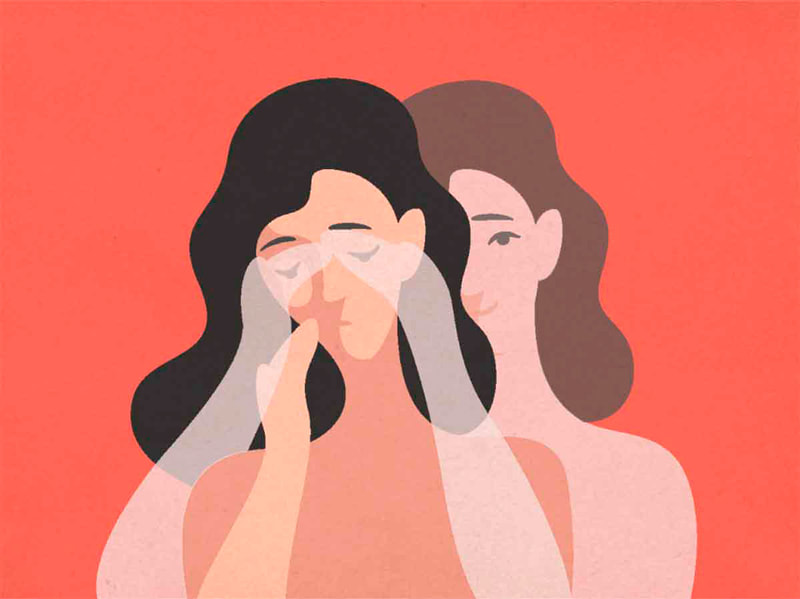|
The more a person is afraid of a panic attack, the more likely it is to be repeated. Every time you react to a frightening situation with fear and avoidance of the situation, you only aggravate it. It is important to do exactly the opposite. Here's how to overcome anxiety.
Anxiety disorders are quite common. Anxiety and the experience of anxiety are united under the name of neurosis. Such disorders are often associated with certain significant events and traumas (especially in childhood). How can we deal with anxiety disorders?
How to get rid of panic, anxiety and fear Anxiety is an unreasonable fear, an excitement that we perceive as negative and do not understand what it is associated with. Fear is objective - a person is afraid of something specific. Variety of Anxiety Disorders
The most common phobias
What else are people afraid of
Fear of going crazy. An adrenaline rush can provoke an altered state of consciousness resembling a trance state. With the experience of depersonalization and derealization (alienation from one’s own body, alienation from experiencing reality). This experience is unusual for people, they are afraid of it, and thus the experience intensifies (the fear of the fear is born).
How to deal with a panic attack. General recommendations
In this way, panic attacks and other anxiety disorders can be successfully dealt with.
0 Comments
Your comment will be posted after it is approved.
Leave a Reply. |
SHAREWe also offer psychological and life coaching consultation services online.
If you want to schedule your session, click the button below. YOU CAN ALSO SUPPORT OUR WORK THROUGH PAYPAL
Categories
All
Archives
June 2021
|

